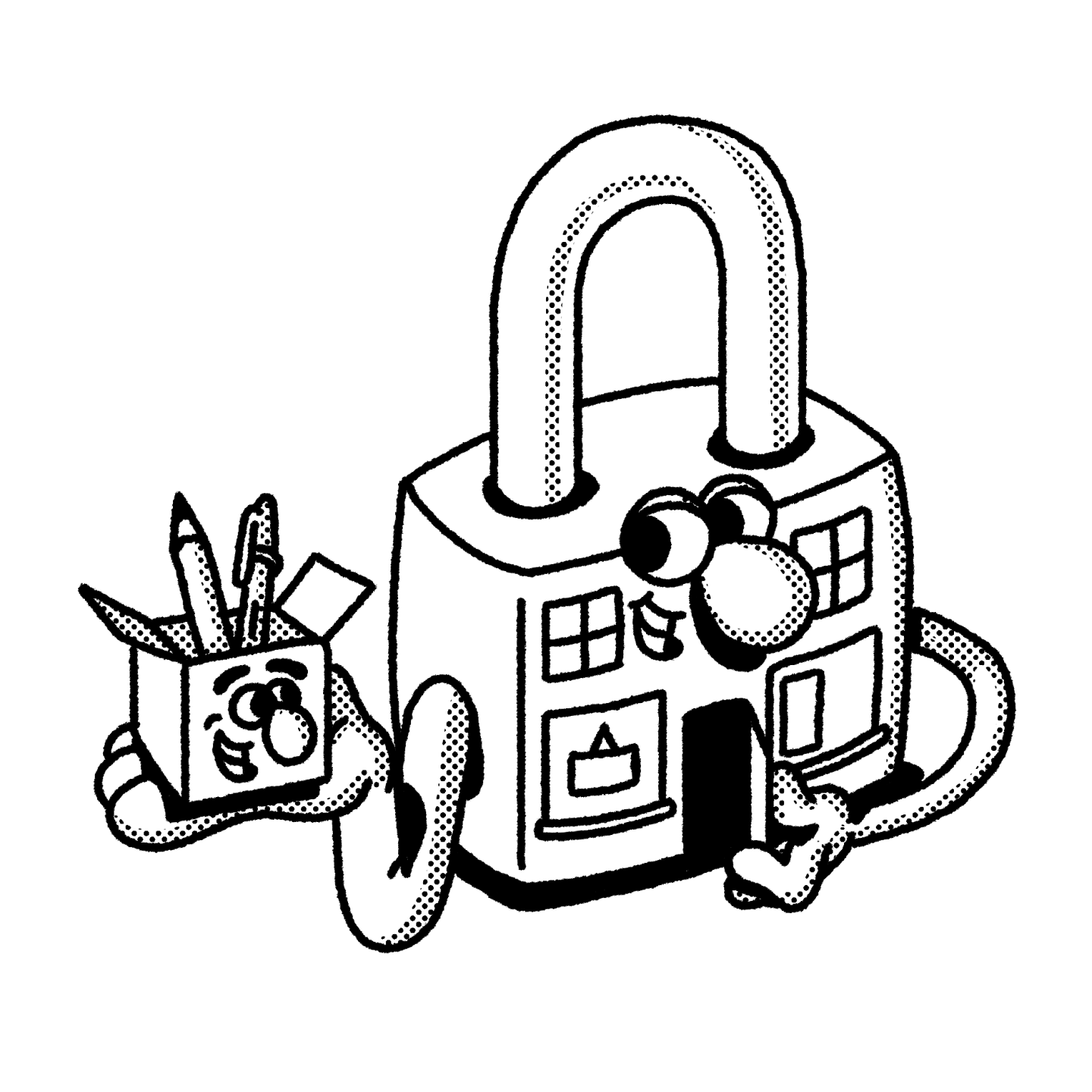The owners and employees of South Carolina’s more than 460,000 small businesses work hard to keep their livelihood going strong.1 But even one unexpected event could trigger financial strain that could derail their success.
That’s why business insurance in South Carolina is an essential purchase for many small business owners. It can provide a safety net by helping to pay for damages after accidents and situations such as:
- Claims of injury or property damage
- When employees get hurt on the job
- Accidents while driving for business
- Damage to your business property
- Accusations of professional negligence
NEXT insures more than 1,300 types of small businesses and self-employed workers. We make it easy for you to get the right coverage at the right price and purchase your policy online in less than 10 minutes.
Continue reading to learn about important types of business insurance in South Carolina. Or get a free instant quote to see customized coverage options for your business.
















